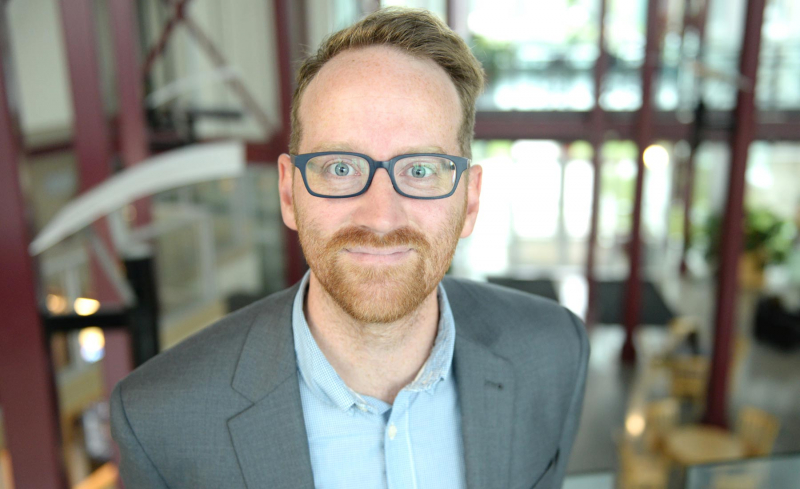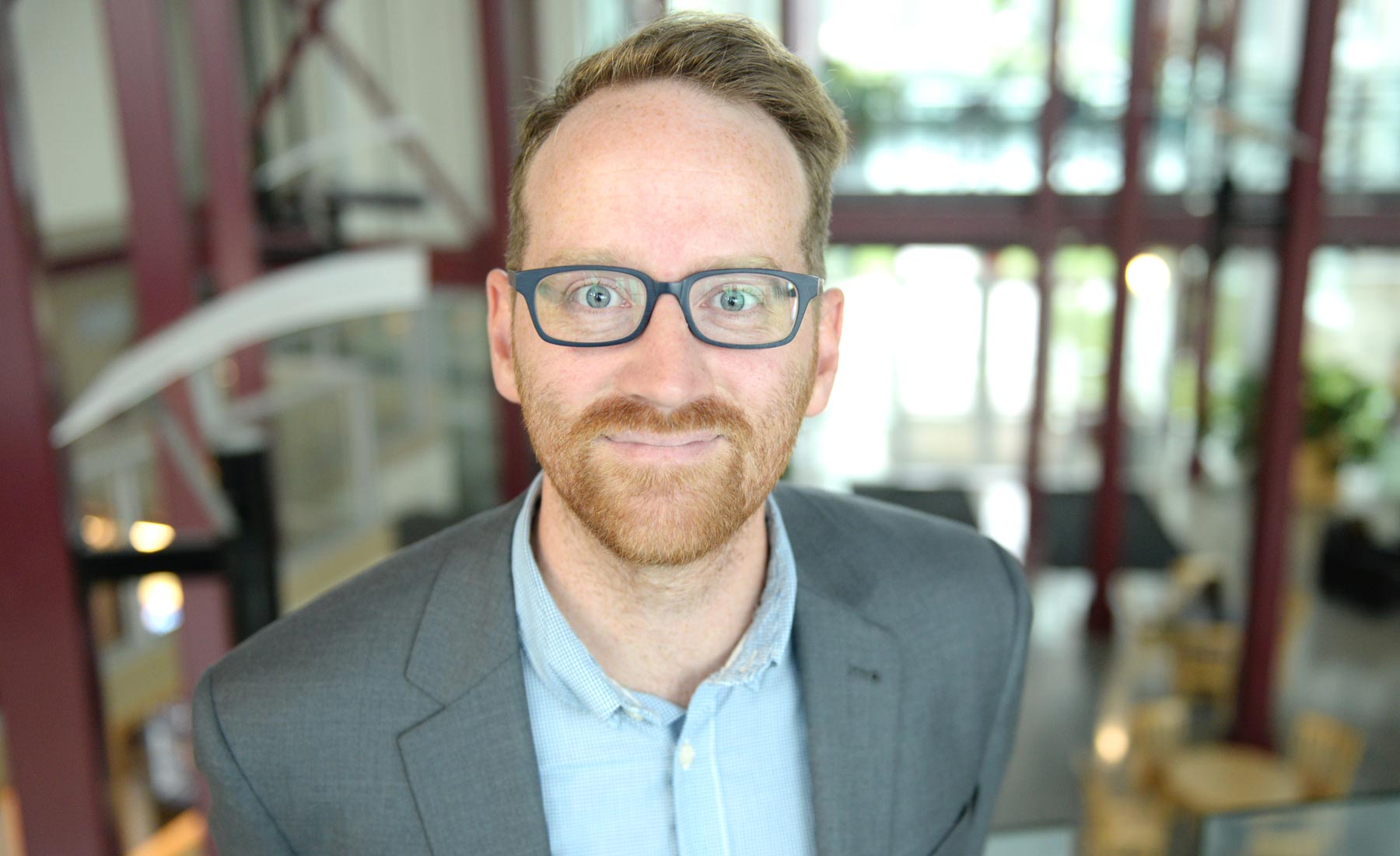Health Equity and Resource Development

Thanks in part to a Trainee Award from the Michael Smith Foundation for Health Research (MSFHR), UNBC researcher Dr. Chris Buse is building a tool to help northern British Columbians gain a better understanding of the health equity impacts of resource development.
Through his project titled UNHEARD – Understanding Health Equity and Resource Development – Buse will travel to Northern communities to engage in a dialogue about the health, environmental, and community impacts of resource development. The province’s nascent liquefied natural gas (LNG) industry provides a perfect case study to draw upon.
“This study is asking some fairly provocative questions around who benefits and what kinds of populations are more or less impacted by unconventional natural gas development and other diverse forms of land use in northern communities,” Buse says.
In addition to the two-year $83,000 Trainee Award fellowship from MSFHR, Buse and a team of researchers from UNBC’s Cumulative Impacts Research Consortium received an operating grant from the Real Estate Foundation of British Columbia to support this research. Over the course of the project he will produce papers and give presentations, but he hopes that the creation of an online tool that tracks changes in local communities as related to natural gas development will have the most impact. Buse wants to make his research findings accessible to anyone who wants to learn more about health equity in the context of resource extraction.
There is little published research into the health impacts of the liquefied natural gas industry in British Columbia, so Buse will build off the knowledge base that already exists in places like the United States and Australia. He plans to contextualize his findings across so-called ‘upstream’ communities such as the Peace region where gas is being extracted, ‘midstream’ regions in the Central Interior where the gas pipelines will have to pass through and ‘downstream’ export and shipping communities along the North Coast where LNG plants are proposed to be built.
“There are huge implications for how we are organizing an entire industry in B.C. and enormous implications for the communities that are adjacent to these developments,” he says.
Buse believes this project will make significant contributions to the evidence base to ensure resource development is done in the most responsible possible and that population health is promoted throughout the process.
“Any opportunity we have to bring light to issues that are particularly relevant to the North, I think is phenomenal,” Buse says.

